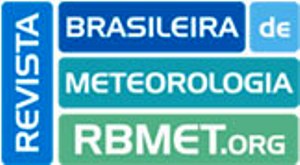Abstract
The use of water stress indexes in the developmental phases of the crop can be an essential tool for irrigation control. The aim of this study was to determine the ideal time to irrigate a peanut crop, using a water stress index found using infrared thermometry. The research was developed in the experimental area of the Department of Rural Engineering of FCAV / UNESP, Jaboticabal-SP, located at 22°15’22” S, 48°18’58” W, and altitude of 575 m, in an “Hydrographic Basin” (0%, 20% and 40%) and solar exposures (North, South, East and West), under induced water deficit. The soil of the experimental area is LE1, Red-Dark, eutrophic, A moderate, kaolinite, hypoferric, clayey texture, smooth undulating relief (Eutrustox). Water stress level was determined by measuring the temperatures of the vegetation cover and the ambient air. Watering was carried out using a drip irrigation system. The results indicate that the time of irrigation differs for each stage of development of the peanut, in a range between 1.3 °C and 3.3 °C. The area maintained in the field capacity obtained lower water stress index (-1.4°C).
Keywords:
water and soil management; water stress; sloping surfaces

 Thumbnail
Thumbnail
 Thumbnail
Thumbnail

